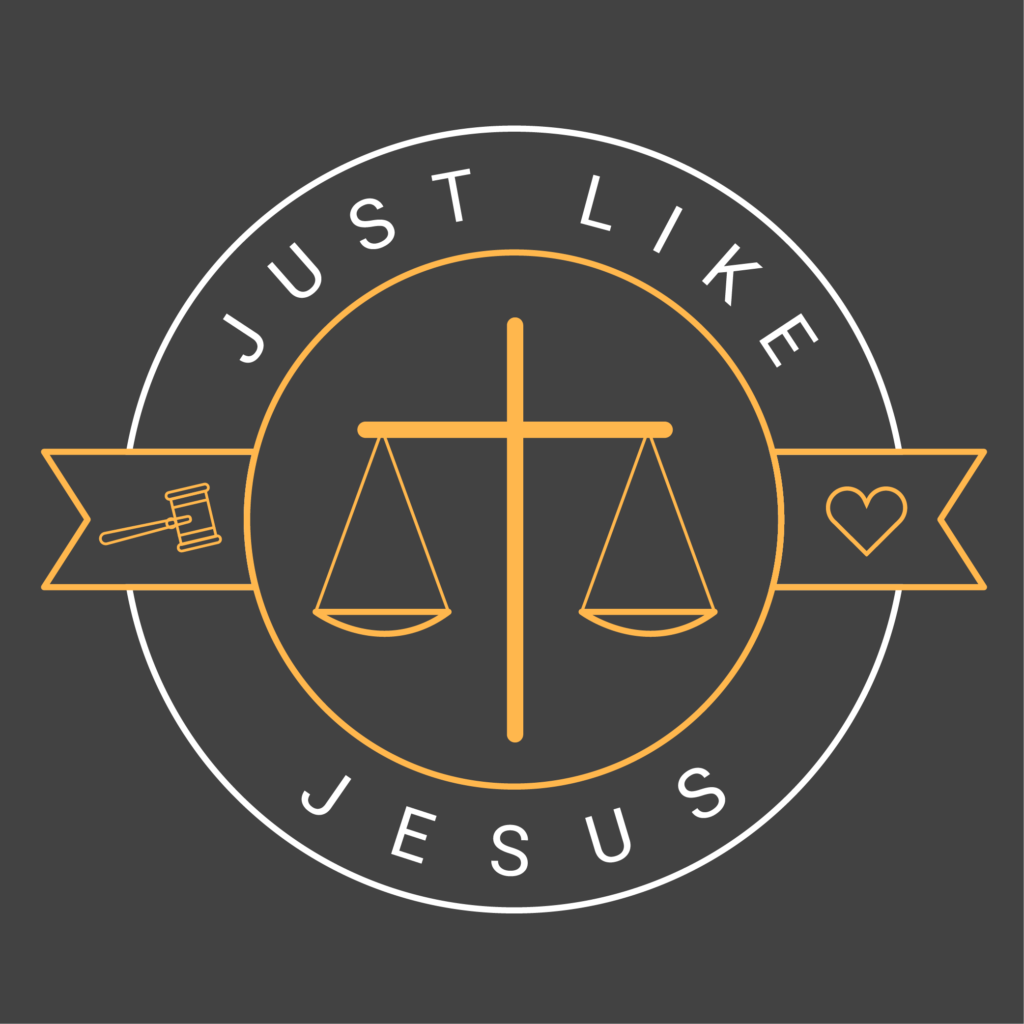
With all the noise in the world, do you hear the voice of God? Your calendar tells you what to do, but do you remember who you are? Being comes before doing. This is a call to put first things first. Return to the Lord with this daily pattern of prayer and devotion. Set aside this time as a sanctuary. Find a space free of distraction and follow this pattern.
Invocation
In the name of the Father, and of the Son, and of the Holy Spirit. Amen.
Word
“With what shall I come before the Lord, and bow myself before God on high? Shall I come before him with burnt offerings, with calves a year old? Will the Lord be pleased with thousands of rams, with ten thousands rivers of oil? Shall I give my firstborn for my transgression, the fruit of my body for the sin of my soul?” He has told you, O man, what is good; and what does the Lord require of you but to do justice, and to love kindness, and to walk humbly with your God? (Micah 6:6-8)
Reflection
From the same recorded conversation as Day 10, Professor Leopoldo Sánchez asks what are some obstacles to conversations about race. A portion of Rev. Warren Lattimore’s answer is transcribed below.
Lattimore: Sometimes we’re bad Lutherans. Sometimes we see suffering [and] we default to being theologians of glory… a theology of glory calls evil “good” and good “evil”, but a theology of the cross calls the thing what it actually is. When we see those eight plus minutes of someone having their life taking out from [them]. It’s simple – we can look at that and say that is unjust. We might not know what’s institutional or individual or [what] all these sorts of injustices are, but we can look at a thing and call it what it is.
But what happens, as we see suffering – is it makes us realize it can happen to us. And so we’d rather look away. We’d rather look at something else that is happening – a building that might be burning, a different issue that might come up, a focus on COVID-19. We’d rather look anywhere but the topic itself. And so zooming in and calling a thing what it is, and not moving away, and not averting our vision, is something that a theologian of the cross does. But a theologian of glory wants to look somewhere else. But “evil” reminds us of our own propensity or our own susceptibility to fall victim to the evil of the world…
Sometimes we’re bad Lutherans because we want to be people of works righteousness. We want to be able to check off a box and say therefore I am righteous, therefore my guilt is eased. What three things can I do and feel better about myself, because I feel so much guilt? Can I do ten Hail Marys? Can I do ten Facebook statuses? Can I do ten food giveaways? If I can, then I’m done. And I don’t have to worry about this. And we can stop talking about it. It’s this feeling that there is something bigger than us and that we can’t control. And therefore we’re afraid to take part in it. But that’s works righteousness. That’s not a love that’s anchored in a faith that does not ask “Can I solve this on my own?,” but “What has God equipped me to do in this moment?” Even if it’s bigger than me, it’s not bigger than He.
https://concordiatheology.org/2020/06/lutheran-voices-on-racism/?fbclid=IwAR1V6-YD4F1U1-ZuT3nINR1jyw1DawdIgrkCbVSwRO5R-sYCFFkxMa1JlPI
Think about your own response to suffering and injustice. How does our Lutheran-Christian faith inspire us not to lean on our own strength and abilities, but trust in God? If we operate from a place of trust in our Creator, how does it free us to participate in racial and social justice?
Prayer
Heavenly Father, through Jesus Christ you have freed us from having to cover our own sin or justify ourselves. Help us to trust in your mercy towards us, that we may be agents of your justice and mercy towards our neighbor. Amen.
